Filter by
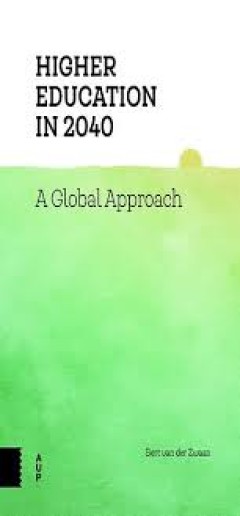
Higher education in 2040
The university is one of the oldest institutions in the world. After eight hundred years, it is still going strong where many other institutions have foundered. The university even appears to be flourishing: in the Netherlands for instance, as elsewhere, student numbers continue to rise, the research enjoys a good reputation and Dutch universities’ results are impressive – certainly if one …
- Edition
- -
- ISBN/ISSN
- 9789048535163
- Collation
- -
- Series Title
- -
- Call Number
- 378.4 VAN h
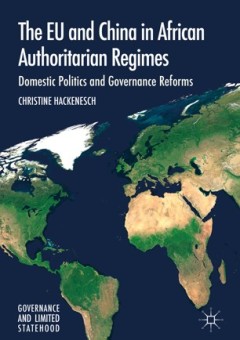
The EU and China in African authoritarian regimes : domestic politics and gov…
This open access book analyses the domestic politics of African dominant party regimes, most notably African governments’ survival strategies, to explain their variance of opinions and responses towards the reforming policies of the EU. The author discredits the widespread assumption that the growing presence of China in Africa has made the EU’s task of supporting governance reforms difficu…
- Edition
- -
- ISBN/ISSN
- 9783319635910
- Collation
- xvi, 261p. : ill.
- Series Title
- -
- Call Number
- 341.2422096 HAC e
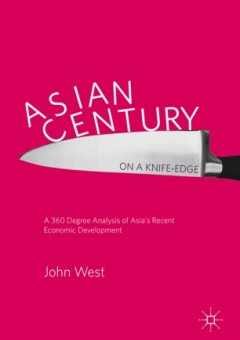
Asian century... on a knife-edge : a 360 degree analysis of Asia's recent eco…
This book delves into the widely held belief that the 21st century will be the "Asian Century" by examining the Asia's rapid economic development in the post-war era and the challenges it faces in forging ahead of world leaders in the West. The impact of the current turbulent global political climate on Asia is critically analyzed, employing a holistic and multidisciplinary approach, combini…
- Edition
- -
- ISBN/ISSN
- 9789811071829
- Collation
- xi, 335p. : ill.
- Series Title
- -
- Call Number
- 320.95 WES a
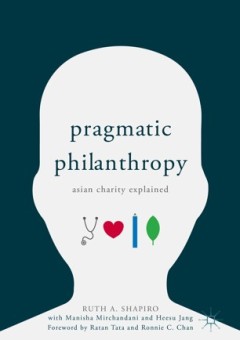
Pragmatic philanthropy : Asian charity explained
This cutting edge text considers how Asian philanthropists and charitable organizations break with Western philanthropic traditions and examines the key traits and trends that make social investment in Asia unique. Based on 30 case studies of excellent social delivery organizations (SDOs) and social enterprises as well as interviews with ultra-high net-worth individuals throughout Asia, this bo…
- Edition
- -
- ISBN/ISSN
- 9789811071195
- Collation
- xvi, 173p. : ill.
- Series Title
- -
- Call Number
- 361.3 SHA p
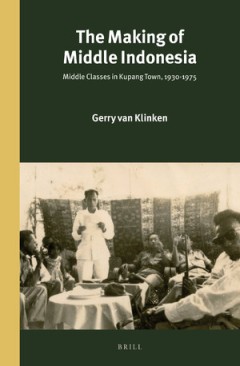
The making of middle Indonesia
What holds Indonesia together? In The Making of Middle Indonesia, Gerry van Klinken develops an innovative historical explanation that looks beyond national elites to middle classes in provincial towns.
- Edition
- -
- ISBN/ISSN
- 9789004265424
- Collation
- xvii, 300p.: ill.
- Series Title
- -
- Call Number
- 305.550959868 VAN t
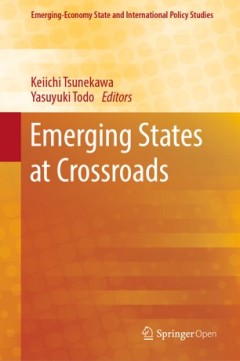
Emerging states at crossroads
This volume analyzes the economic, social, and political challenges that emerging states confront today. Notwithstanding the growing importance of the ‘emerging states’ in global affairs and governance, many problems requiring immediate solutions have emerged at home largely as a consequence of the rapid economic development and associated sociopolitical changes. The middle-income trap is a…
- Edition
- -
- ISBN/ISSN
- 9789811328596
- Collation
- xiii, 293p. : ill.
- Series Title
- -
- Call Number
- 338.95 EME e
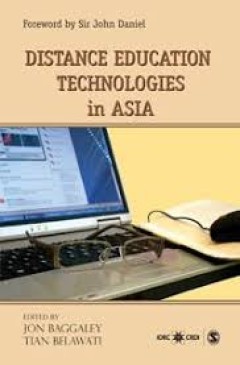
Distance education technologies in Asia
For observers elsewhere in the world, the most striking feature of distance education (DE) in Asia is the mega-universities and mega-schools that have added many millions to the global tally of distance learners in recent decades. These are institutions such as China’s radio and television universities (now called the Open University of China) and India’s National Institute for Open Schooli…
- Edition
- -
- ISBN/ISSN
- 9781552505021
- Collation
- xxxvi, 270 p.
- Series Title
- -
- Call Number
- -
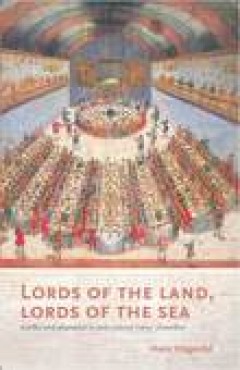
Lords of the land, lords of the sea : conflict and adaptation in early coloni…
European traders and soldiers established a foothold on Timor in the course of the seventeenth century, motivated by the quest for the commercially vital sandalwood and the intense competition between the Dutch and the Portuguese. Lords of the land, lords of the sea focuses on two centuries of contacts between the indigenous polities on Timor and the early colonials, and covers the period 1600-…
- Edition
- -
- ISBN/ISSN
- 9789067183789
- Collation
- xvi, 479 p.
- Series Title
- Verhandelingen van het Koninklijk Instituut voor Taal-, Land- en Volkenkunde
- Call Number
- 959.86 HAG l
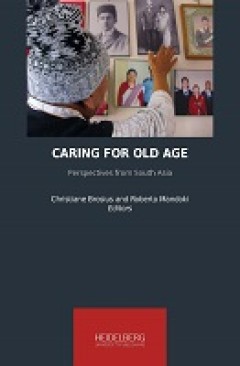
Caring for old age: perspectives from South Asia
Many societies are experiencing growing longevity and population ageing simultaneously with increasing urbanization and mobilities. Such fundamental demographic and structural shifts have been reflected in a multitude of narratives and strategies how to “age well” in view of rapidly transforming environments, mobilities of people and changing social relations. This volume explores the trans…
- Edition
- -
- ISBN/ISSN
- 9783947732937
- Collation
- ix, 346p.: ill.
- Series Title
- -
- Call Number
- 362 CAR c
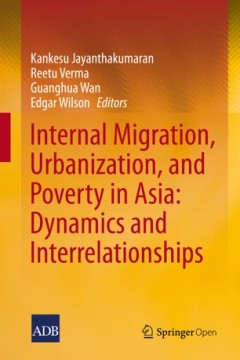
Internal migration, urbanization and poverty in Asia : dynamics and interrela…
Asia’s recent demographic transitions and rural–urban structural transformations are extraordinary and involve complexities that require in-depth study. The chapters within this volume examine those complexities using a range of traditional and nontraditional measures—such as multidimensional poverty, gaps, and polarization—to arrive at the conclusion that poverty is now an urban iss…
- Edition
- -
- ISBN/ISSN
- 9789811315374
- Collation
- xii, 367p. : ill.
- Series Title
- -
- Call Number
- 307.260994 INT i
 Computer Science, Information & General Works
Computer Science, Information & General Works  Philosophy & Psychology
Philosophy & Psychology  Religion
Religion  Social Sciences
Social Sciences  Language
Language  Pure Science
Pure Science  Applied Sciences
Applied Sciences  Art & Recreation
Art & Recreation  Literature
Literature  History & Geography
History & Geography